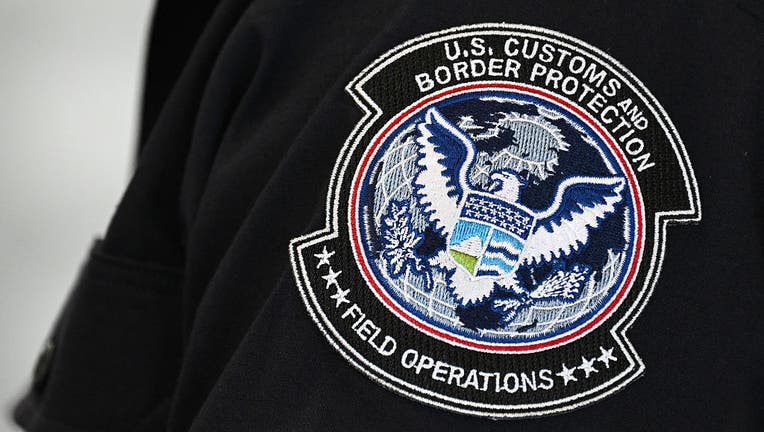CBP says phone scammers posing as agents are targeting Americans: What to do

(Photo by PATRICK T. FALLON/AFP via Getty Images)
HOUSTON - U.S. Customs and Border Protection is continuing to warn people to be aware of phone scammers posing as agents to obtain personal information.
Why you should care:
The agency said employees continue to receive several calls from people concerned about unsolicited calls from scammers.
Would-be-victims said the scammers asked them for personal information because CBP had intercepted a shipment of drugs with the "target’s" name and address and that cooperation is important to ensure the case is resolved.
If the victim fails to comply, the scammer will then threaten that police will be called.

Authorities say cat was used to smuggle drugs into prison
Authorities in Costa Rica say a cat with packages of drugs taped to its body was intercepted on suspicion of being used to smuggle illicit goods into a prison.
The scammers illegally provide an actual CBP employee’s name and phone number available on the internet for the target to verify. In some cases, scammers are even providing fake case numbers and badge numbers.
Another example is a pre-recorded message stating that a "shipment of drugs or money with your name on it and has been intercepted."
The intended victim is then told to press #1 to speak with a CBP officer/agent. When connected, the scammer then attempts to confirm the target’s banking information.
What they're saying:
"If CBP suspects illegal activity, we will not call a suspect or a victim requesting money or Social Security numbers. To be clear, CBP will not make telephone calls threatening citizens that law enforcement is on the way or promising money for information," CBP Houston Acting Director of Field Operations Rod Hudson said in an online statement. "Anyone receiving a call from U.S. Customs and Border Protection about self-deportation, or a shipment of drugs or money should recognize that it is a scam regardless of how authentic the caller may sound."
What you can do:
CBP says anyone receiving any type of call from someone claiming to be from the agency and seeking any type of personal information should just hang up.
Phone scams can be reported to the Federal Trade Commission online.
Other tips include:
- CBP won’t call you out of the blue with promises of money or threats. Is the caller asking you to pay a fee or share your Social Security, credit card, or bank account numbers over the phone? Hang up. It’s a scam.
- CBP never uses gift cards, cryptocurrency, or wire transfers. If someone asks you to pay this way, it’s a scam. Always.
- Don’t trust caller ID. Scammers can make their phone numbers look real even if they’re not.
- Check with CBP if you’re unsure about whether a call or email is real. Never call back phone numbers in caller ID, or left in voicemails, emails, or social media messages. Instead, type the agency name into a search bar and click on their webpage to find contact information.
The Source: The information in this story comes from a public warning issued by U.S. Customs and Border Protection (CBP), including a statement from Rod Hudson, CBP Houston Acting Director of Field Operations. This story was reported from Los Angeles.

